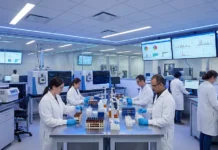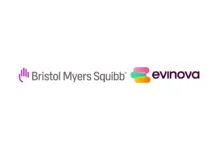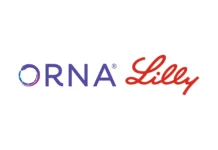Dyax has reported interim analysis results of Phase 2 trial of ecallantide for acute treatment of angiotensin converting enzyme (ACE) inhibitor-induced angioedema.
Based on the data from interim analysis the company decided to discontinue the double-blind, placebo-controlled study.
The randomized study was designed to evaluate the efficacy and safety of ecallantide (10, 30, or 60mg subcutaneous doses) compared to placebo.
The proportion of patients meeting a set of criteria indicating eligibility for discharge from the emergency department within six hours after study drug administration was the primary endpoint of the dose-ranging study.
Dyax president and chief executive officer Gustav Christensen said the company will continue to actively investigate novel therapeutic approaches for angioedema disorders, including next generation therapies and testing.
“These results, while unanticipated, provide us with further evidence and understanding of the biology of angioedema, supporting our efforts to address these disorders and to remain at the forefront of therapeutic innovation,” Christensen added.
The study was determined to be poorly powered to detect a statistically significant difference between ecallantide and placebo as the observed response rate to placebo was substantially higher than originally anticipated and the enrolled population does not appear to reproduce the high morbidity described in previous medical literature.



















